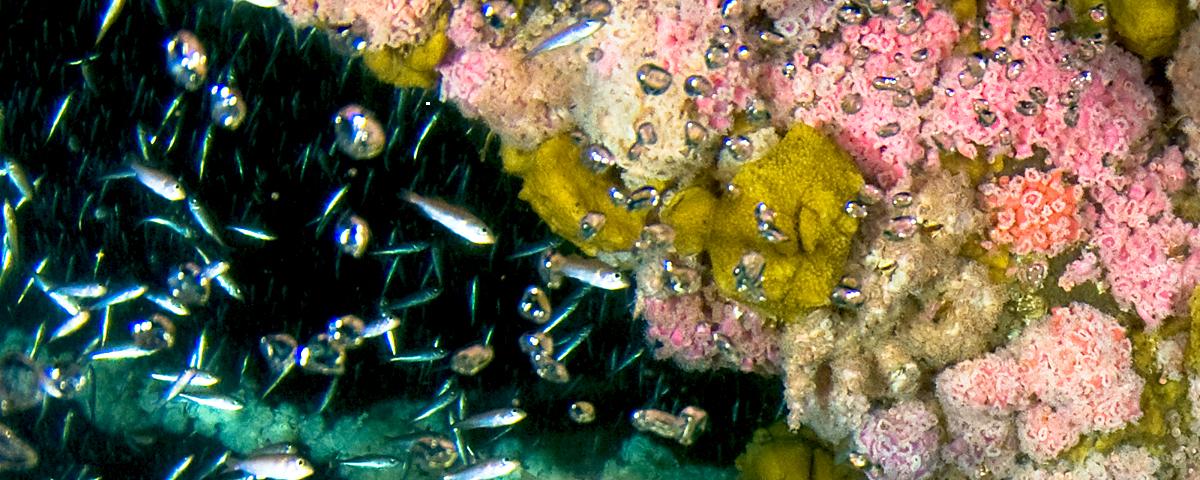Long-term recolonization and chemical-change in sediments contaminated with oil- based drill cuttings
Abstract
From the Abstract: “Field experiments were conducted to test the suitability of diffent types and amounts of cuttings as substrate for a benthic community. Trays were defaunated sea-bed sediment and overlaid with test layers of water-based, low aromatic and diesel-based cuttings, were exposed on the sea floor at 11 m depth for 4 and 5.3 years. During this time a significant loss of oil hydrocarbons, 65–99%, was measured from the surface of the oil-based trays. Sigificant biodegradtion of oil was observed in all trays within 2 years, with lag time positively correlated to dose. The oil contaminated sediments rapidly developed reduced conditions, but the redox values gradually increased, and the redox potential discontinuity layer shifted downwards as animal recolonization and bioturbation increased. Macrofauna recolinization during the first year indicated no recovery from the oil contamination, but the faunal structure after 4 years showed that slight contamination stimulated colonization by opportunistic species

